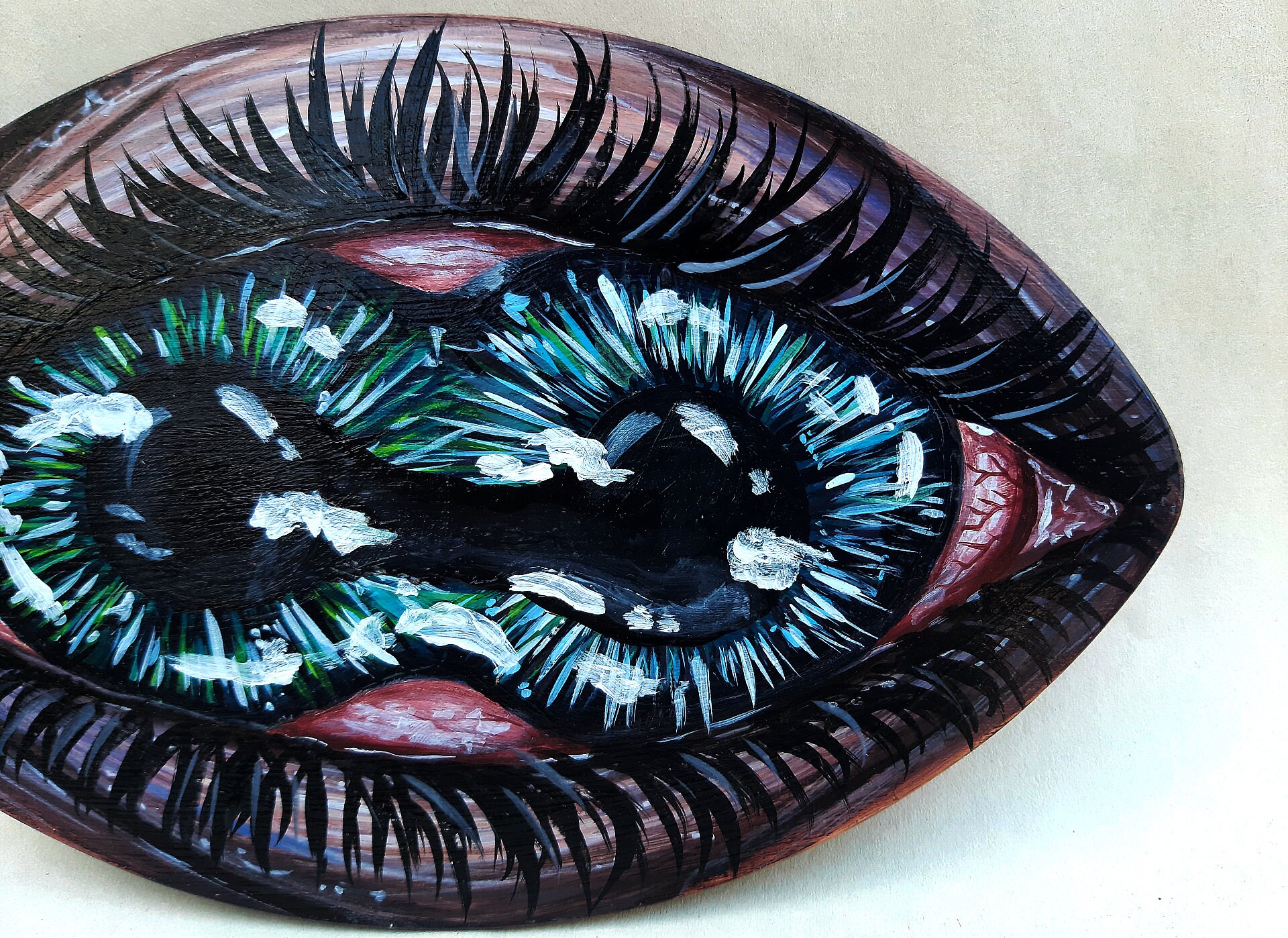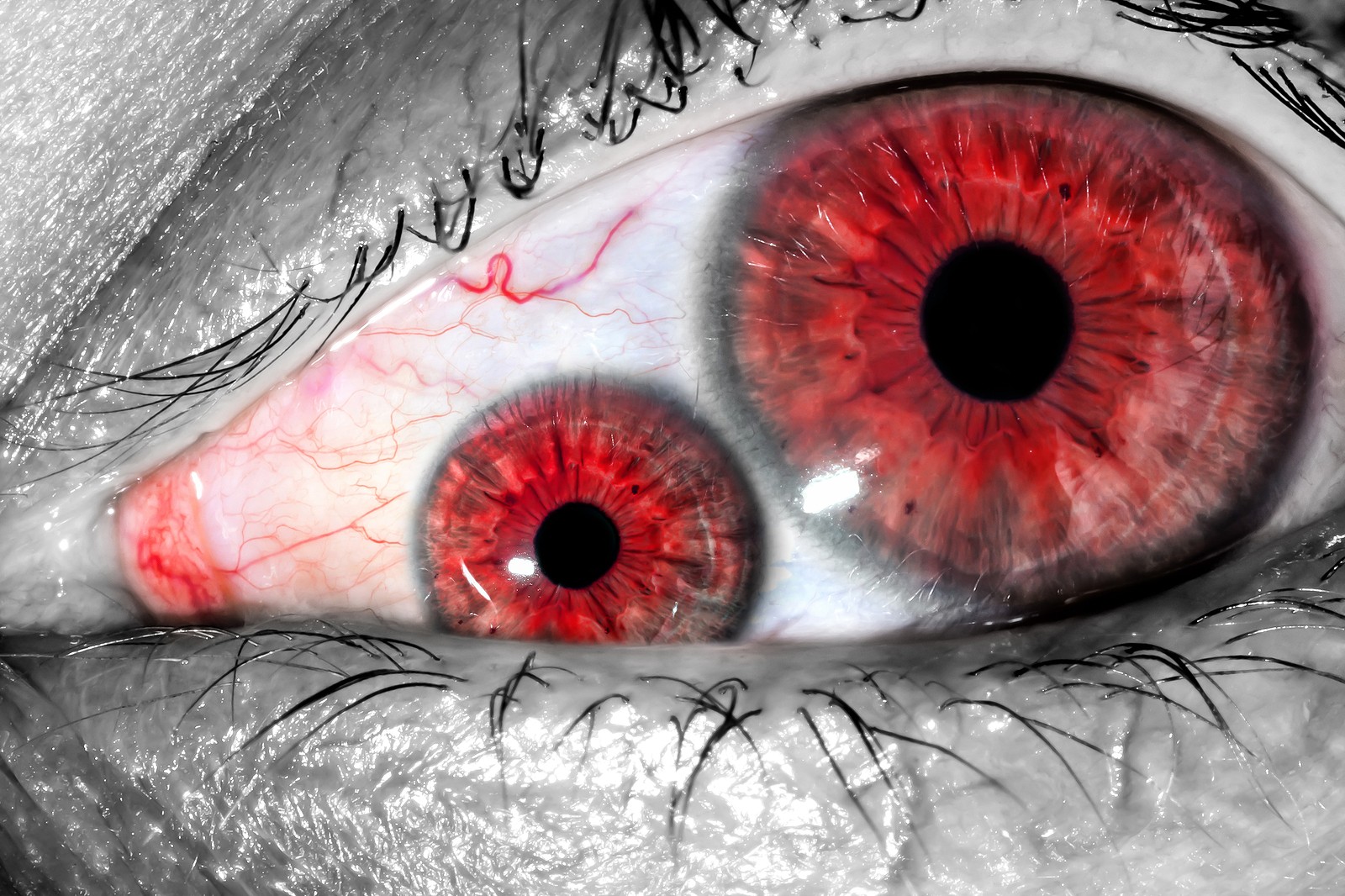
The treatment recommended for you will depend on the type of glaucoma you have, but the options are: It's not possible to reverse any loss of vision that occurred before glaucoma was diagnosed, but treatment can help stop your vision getting worse. If tests suggest you have glaucoma, you should be referred to a specialist eye doctor (ophthalmologist) to discuss treatment.įind out how glaucoma is diagnosed Treatments for glaucoma Several quick and painless tests can be carried out to check for glaucoma, including vision tests and measurements of the pressure inside your eye.
#Double pupil eyea for free#
You should have a routine eye test at least every 2 years.įind out if you're eligible for free NHS eye tests The tests are carried out in the opticians by an optometrist. Glaucoma can usually be detected during a routine eye test at an opticians, often before it causes any noticeable symptoms. It's not clear whether you can do anything to prevent glaucoma, but having regular eye tests should pick it up as early as possible.


secondary glaucoma – caused by an underlying eye condition, such as inflammation of the eye (uveitis).acute angle closure glaucoma – an uncommon type caused by the drainage in the eye becoming suddenly blocked, which can raise the pressure inside the eye very quickly.It's caused by the drainage channels in the eye becoming gradually clogged over time. This tends to develop slowly over many years. The most common is called primary open angle glaucoma. There are several different types of glaucoma. This is a medical emergency that may require immediate treatment. If you develop symptoms of glaucoma suddenly, go to your nearest eye casualty unit or A&E as soon as possible. Without treatment, glaucoma can eventually lead to blindness. If you have glaucoma, early diagnosis and treatment can help stop your vision getting worse.

Visit an opticians or a GP if you have any concerns about your vision. Very occasionally, glaucoma can develop suddenly and cause: If you do notice any symptoms, they might include blurred vision, or seeing rainbow-coloured circles around bright lights.īoth eyes are usually affected, although it may be worse in 1 eye. It tends to develop slowly over many years and affects the edges of your vision (peripheral vision) first.įor this reason, many people do not realise they have glaucoma, and it's often only picked up during a routine eye test. Glaucoma does not usually cause any symptoms to begin with. It can affect people of all ages, but is most common in adults in their 70s and 80s. Glaucoma can lead to loss of vision if it's not diagnosed and treated early.

It's usually caused by fluid building up in the front part of the eye, which increases pressure inside the eye. Glaucoma is a common eye condition where the optic nerve, which connects the eye to the brain, becomes damaged.


 0 kommentar(er)
0 kommentar(er)
